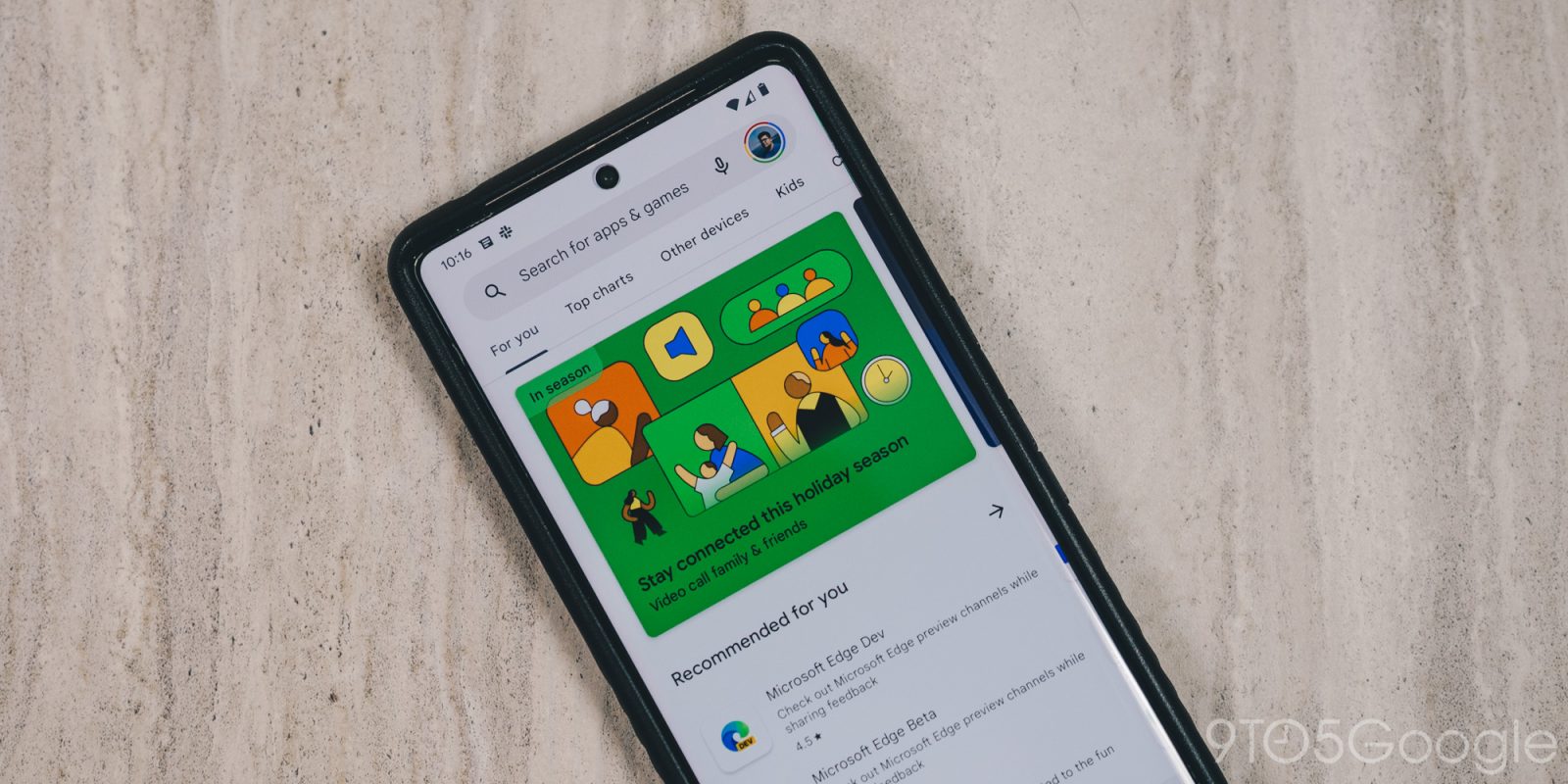
In 2021, 36 US states and the District of Columbia sued Google over Play Store antitrust concerns. A settlement was reached in September and the terms, including changes to Google Play, have now been revealed.
Google will contribute $630 million into a settlement fund that will be “distributed for the benefit of consumers” that made an app or in-app purchase, including subscriptions, using Google Play Billing from 2016 to 2023. The company will also pay $70 million into a “fund that will be used by the states.”
Each Eligible Consumer is eligible to receive at least $2 and may receive additional payments in proportion to their Google Play spending from August 16, 2016
Filing
through September 30, 2023.
The Washington Post explains how there are an estimated 102 million eligible consumers in the 50 states, District of Columbia, Puerto Rico, and the US Virgin Islands. The states expect that “70% of Eligible Consumers will collect damages directly via automated payments that will not require consumers to submit a claim”:
If the Eligible Consumer’s email address associated with his or her Google Play account matches an email address associated with an existing PayPal or Venmo account, then the payments will be made directly to that PayPal or Venmo account.
Android is getting a simplified sideloading process, as well as updated “language that informs users about these potential risks of downloading apps directly from the web for the first time.” This involves “combining certain warning screens” and maintaining that for at least five years. More broadly, Google will allow the sideloading of third-party applications and app stores for seven years.
Google will make clear that “OEMs can continue to provide users with options out of the box to use Play or another app store” for four years. In Android 14, alternate stores can be responsible for and handle future application updates. This includes automatic update installs that can occur when an app isn’t being used.
For five years, Google won’t be able to enter or enforce deals with OEMs that “require preload exclusivity or home screen exclusivity for the Google Play Store,” or make manufacturers get its approval before preloading third-party app stores.
Meanwhile, User Choice Billing, which reduces Google’s fee by 4%, where Android apps, as well as games, can offer their own payment system is expanding in the US for five years. As part of this, “developers are also able to show different pricing options within the app when a user makes a digital purchase,” including via email.
These changes to Google Play will go into effect “after the Court formally approves the settlement.” This is separate from the jury trial involving Epic that found Google has an “illegal monopoly” earlier this month. Remedies for that will be determined in mid-January, and Google reiterated today that it is challenging that verdict.
In a statement, Epic says the “settlement does not address the core of Google’s unlawful and anticompetitive behavior. In the next phase of the case, Epic will seek meaningful remedies to truly open up the Android ecosystem so consumers and developers will genuinely benefit from the competition that U.S. antitrust laws were designed to promote.”
Post updated with more details from the filing
FTC: We use income earning auto affiliate links. More.





Comments